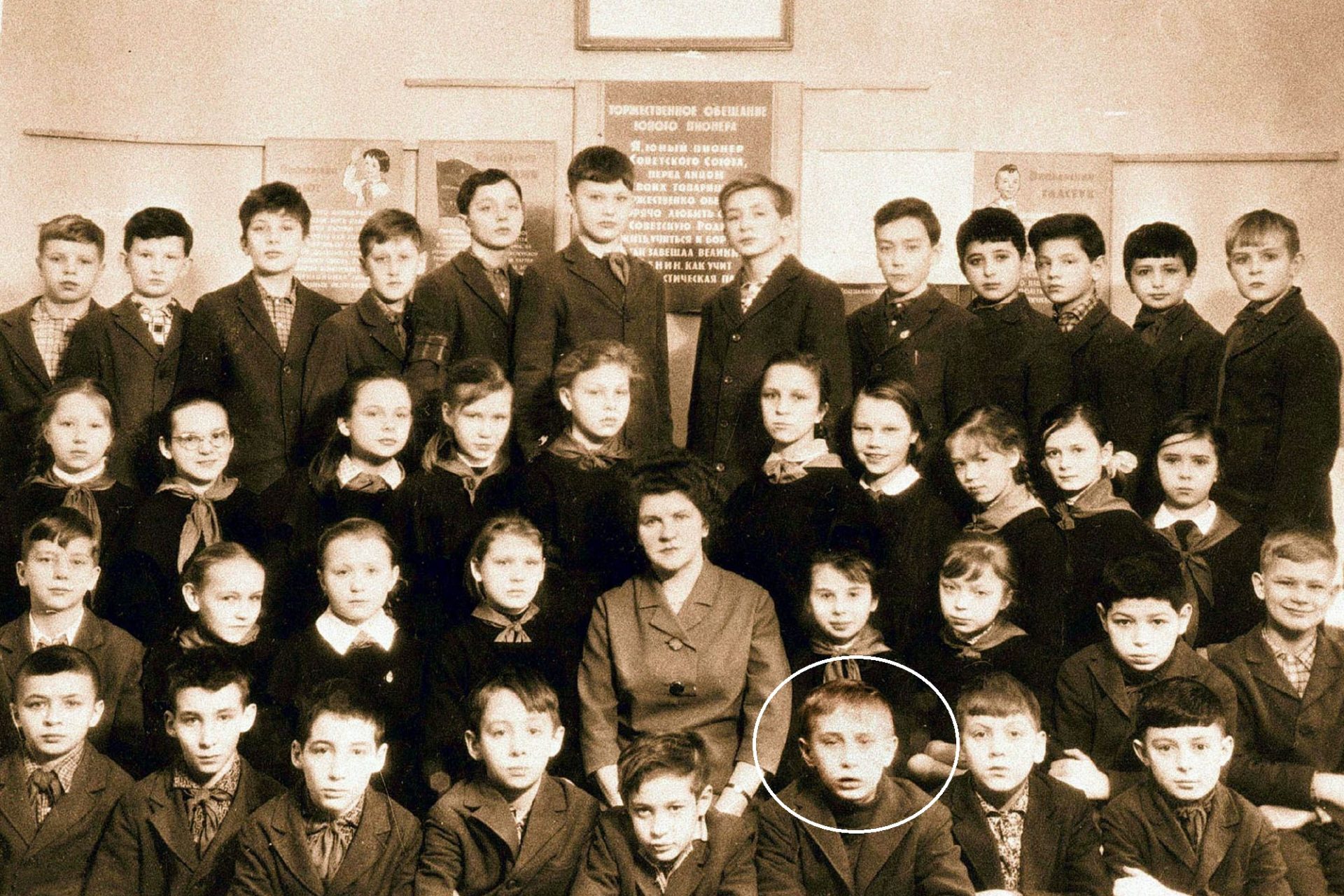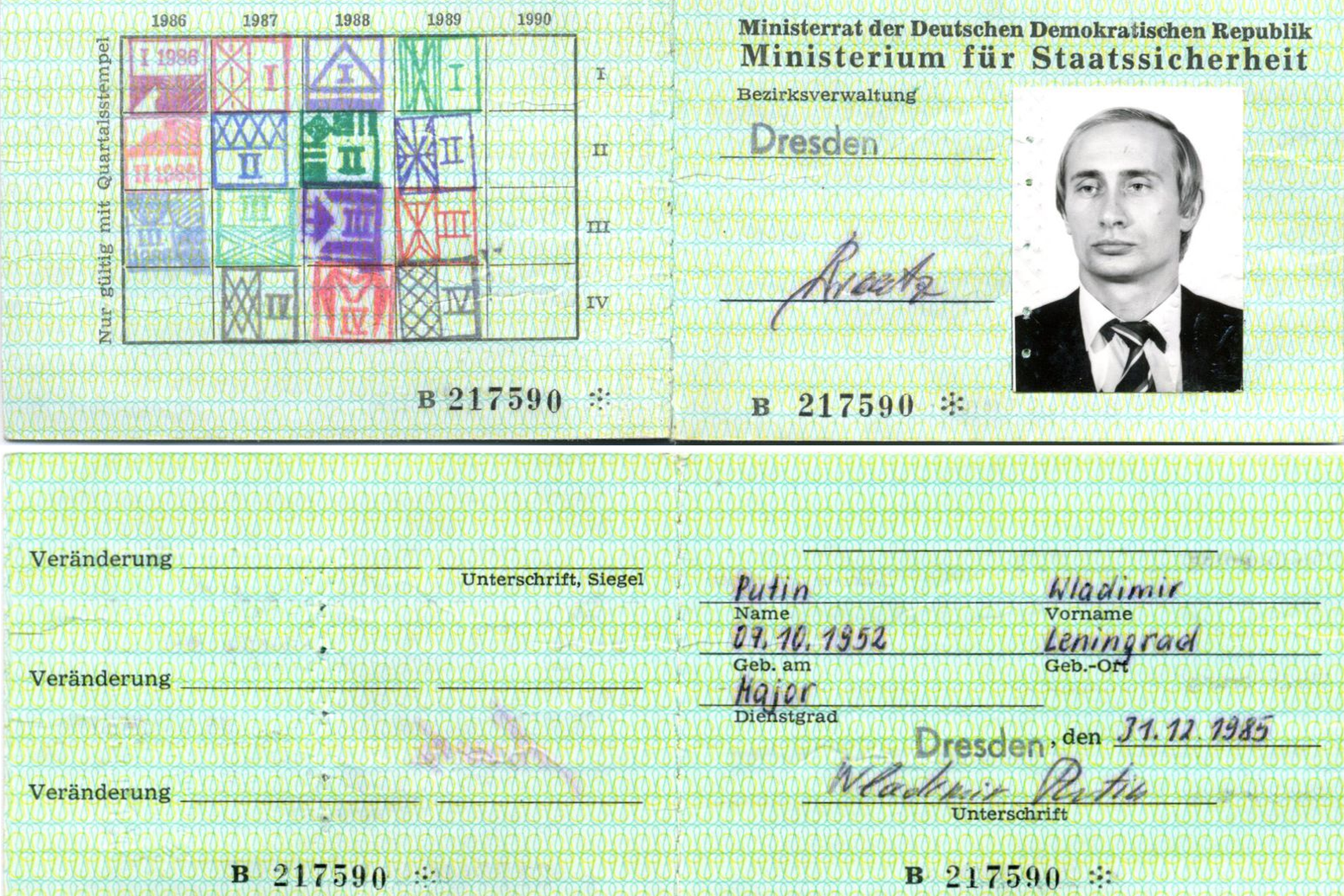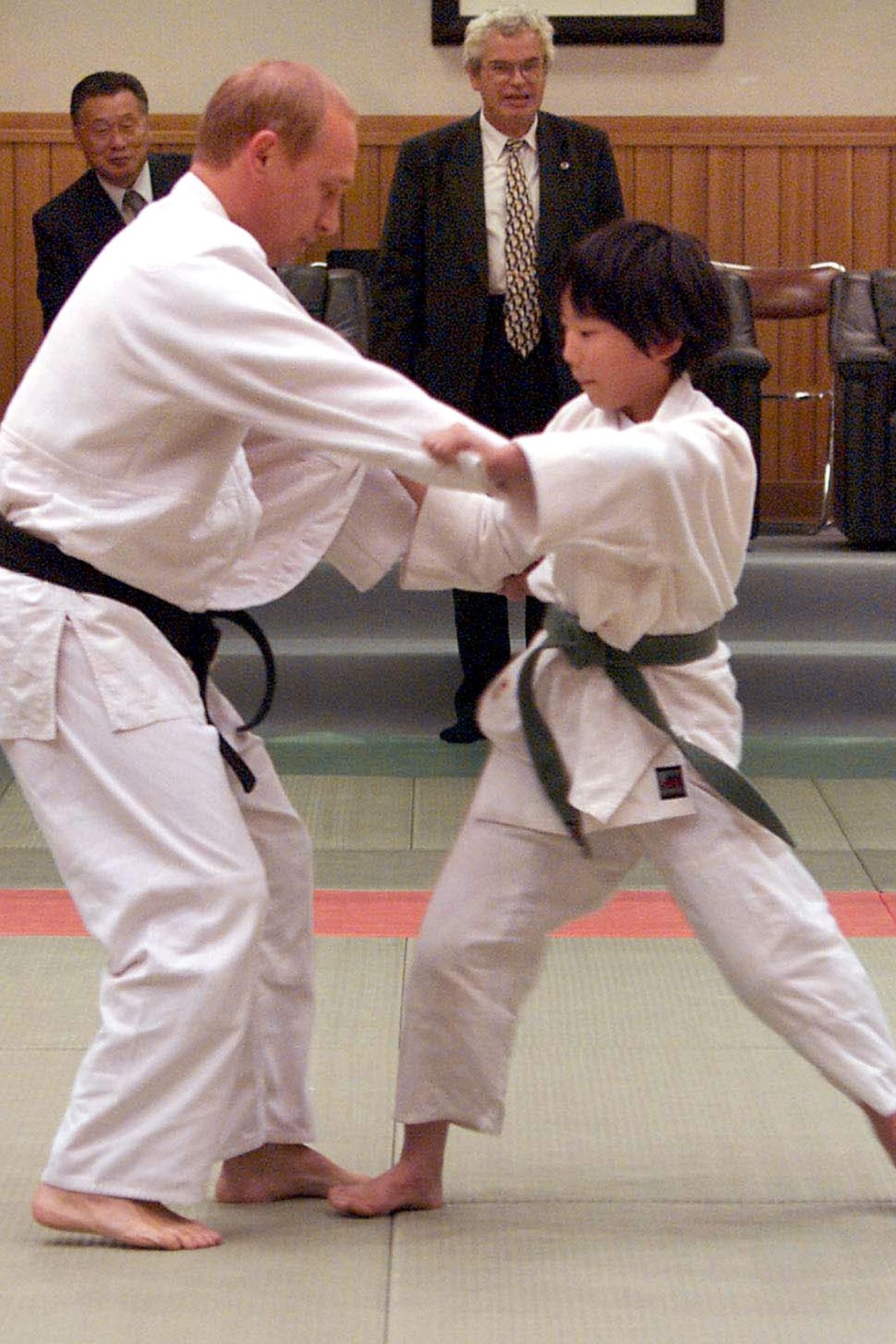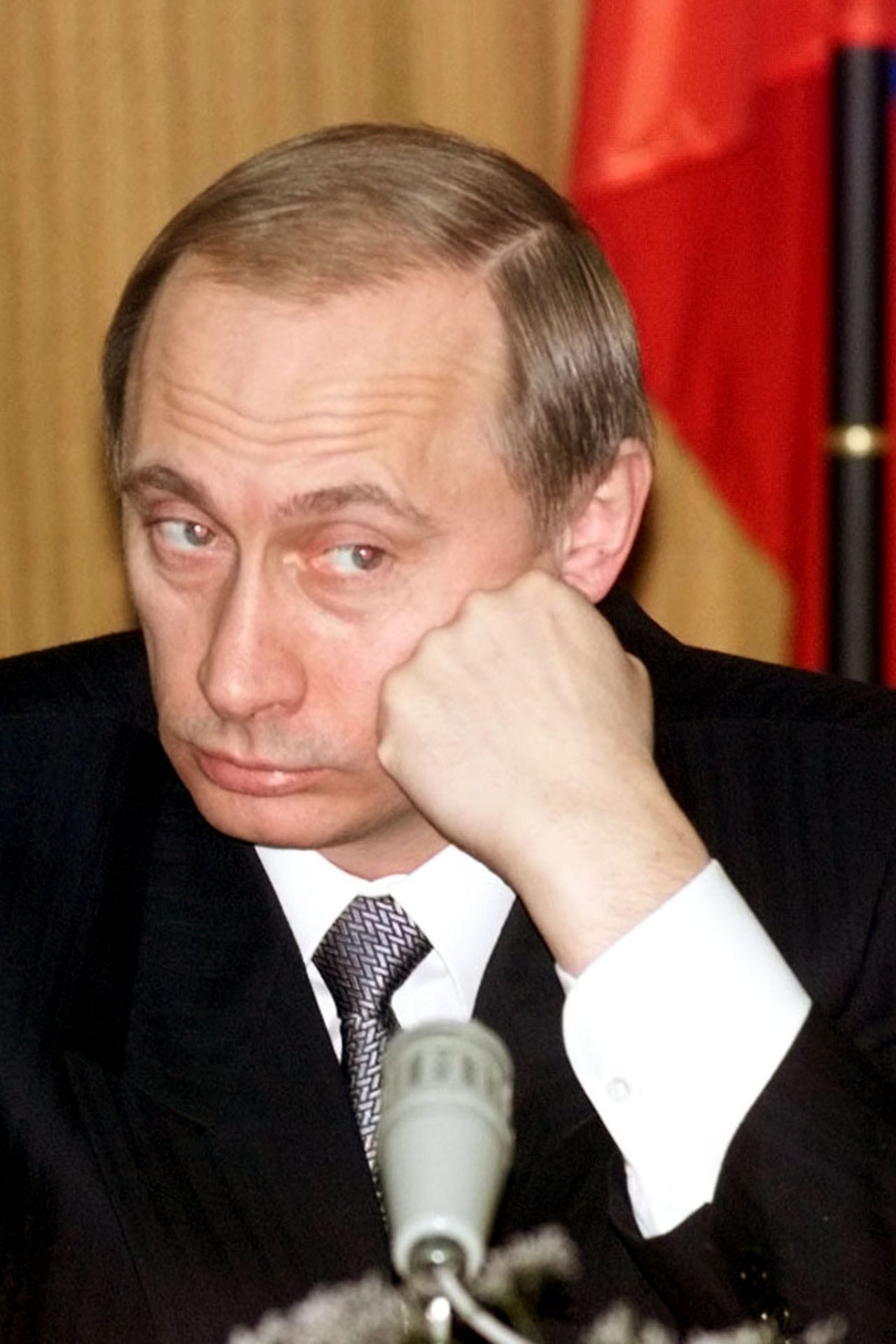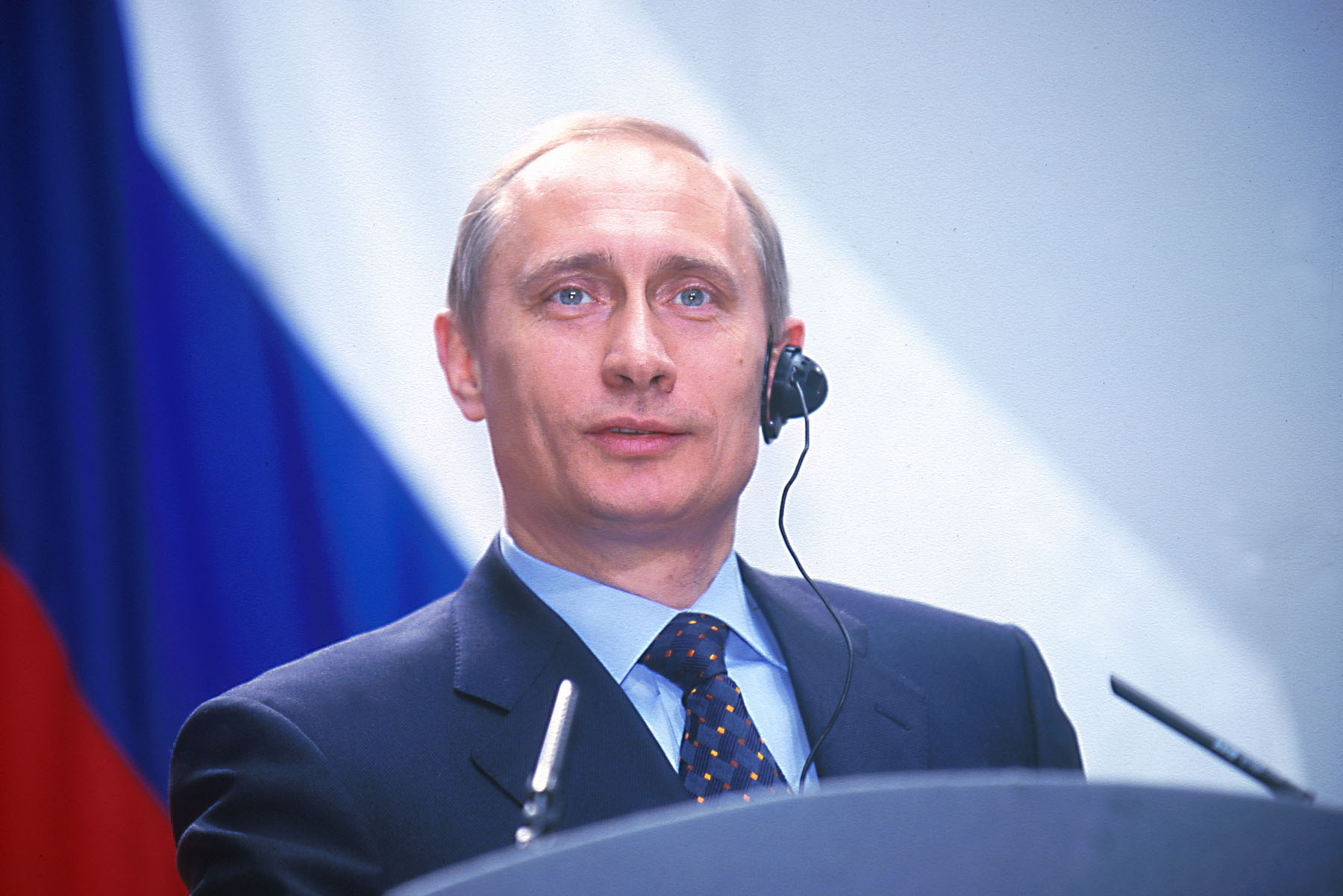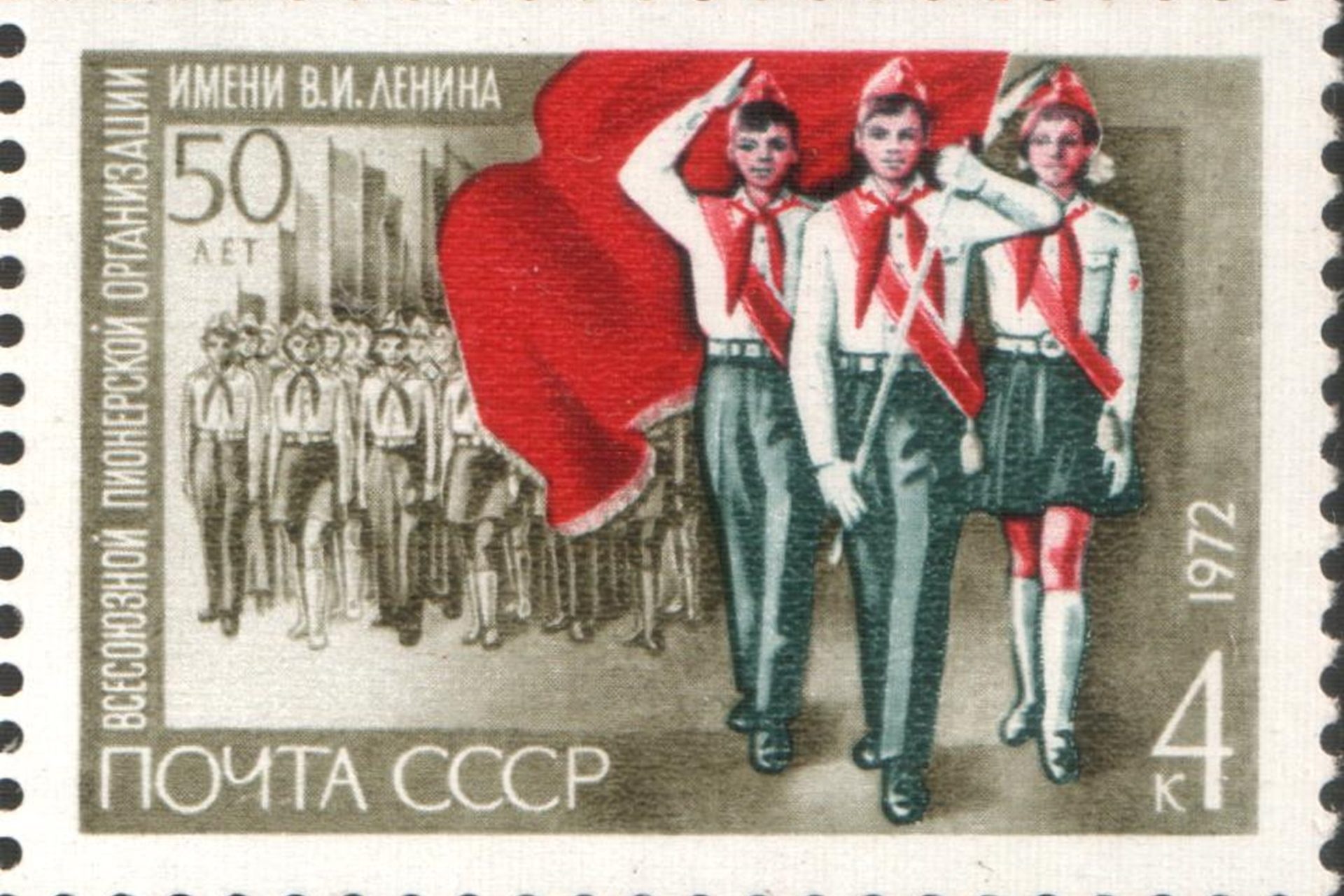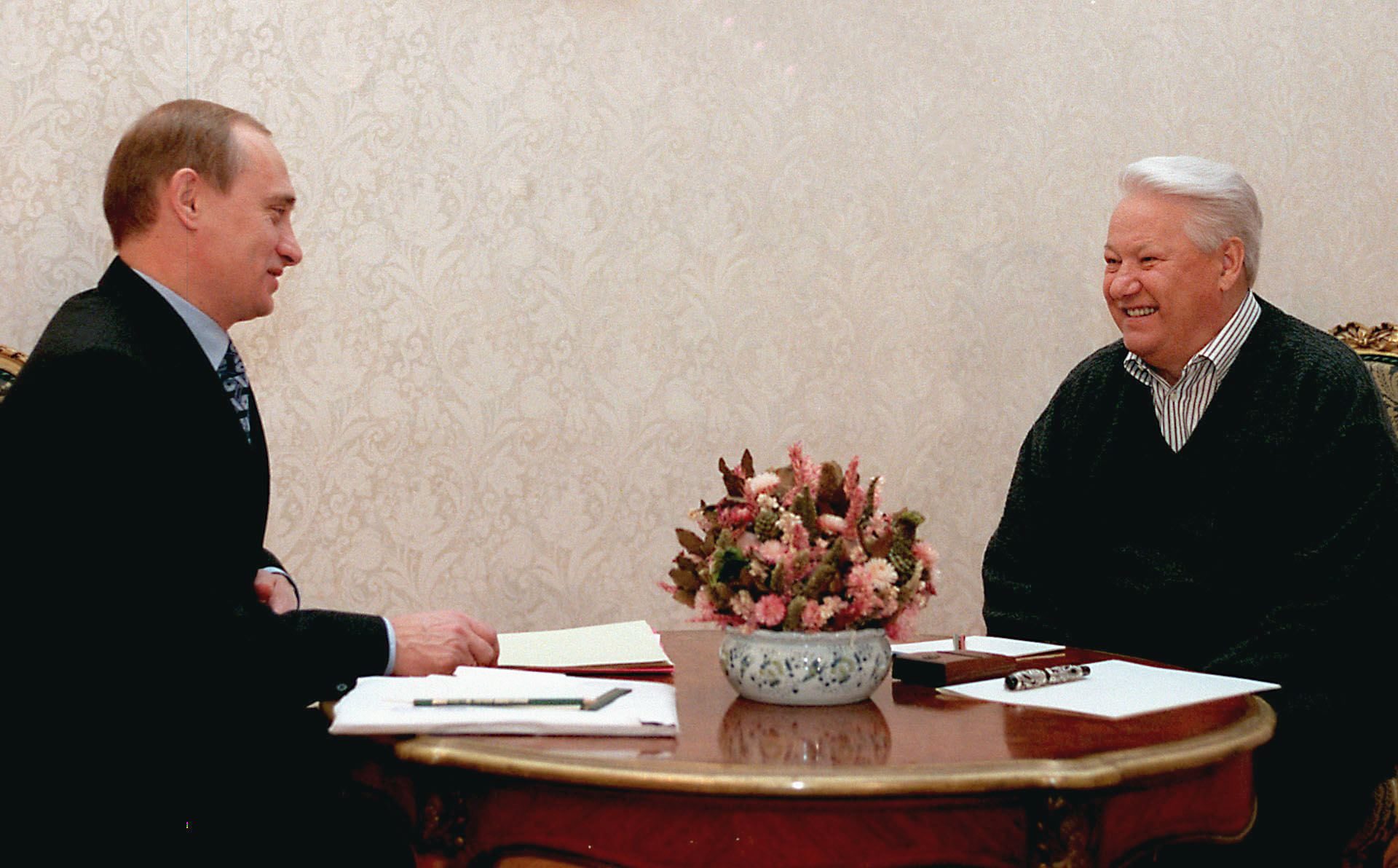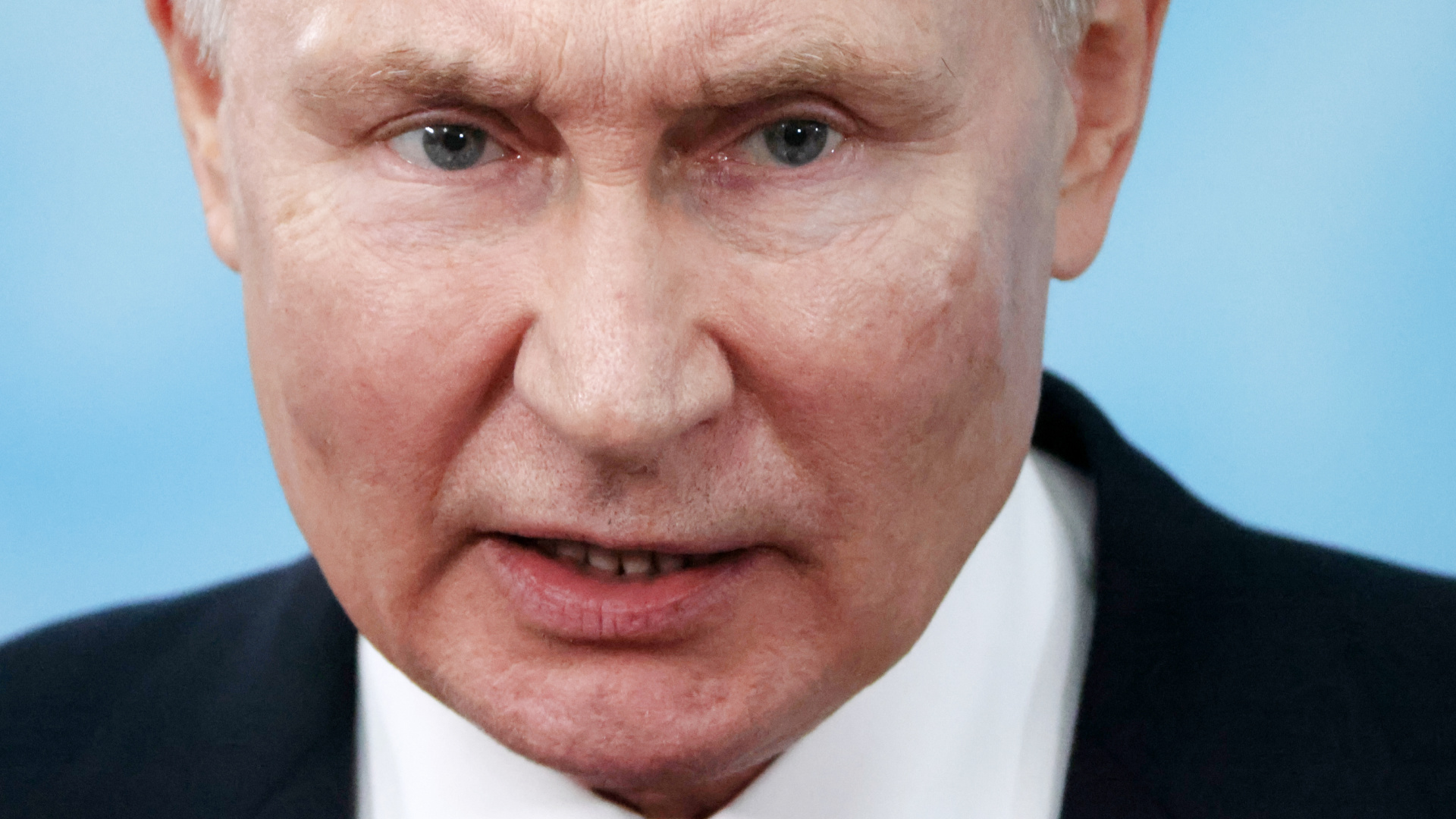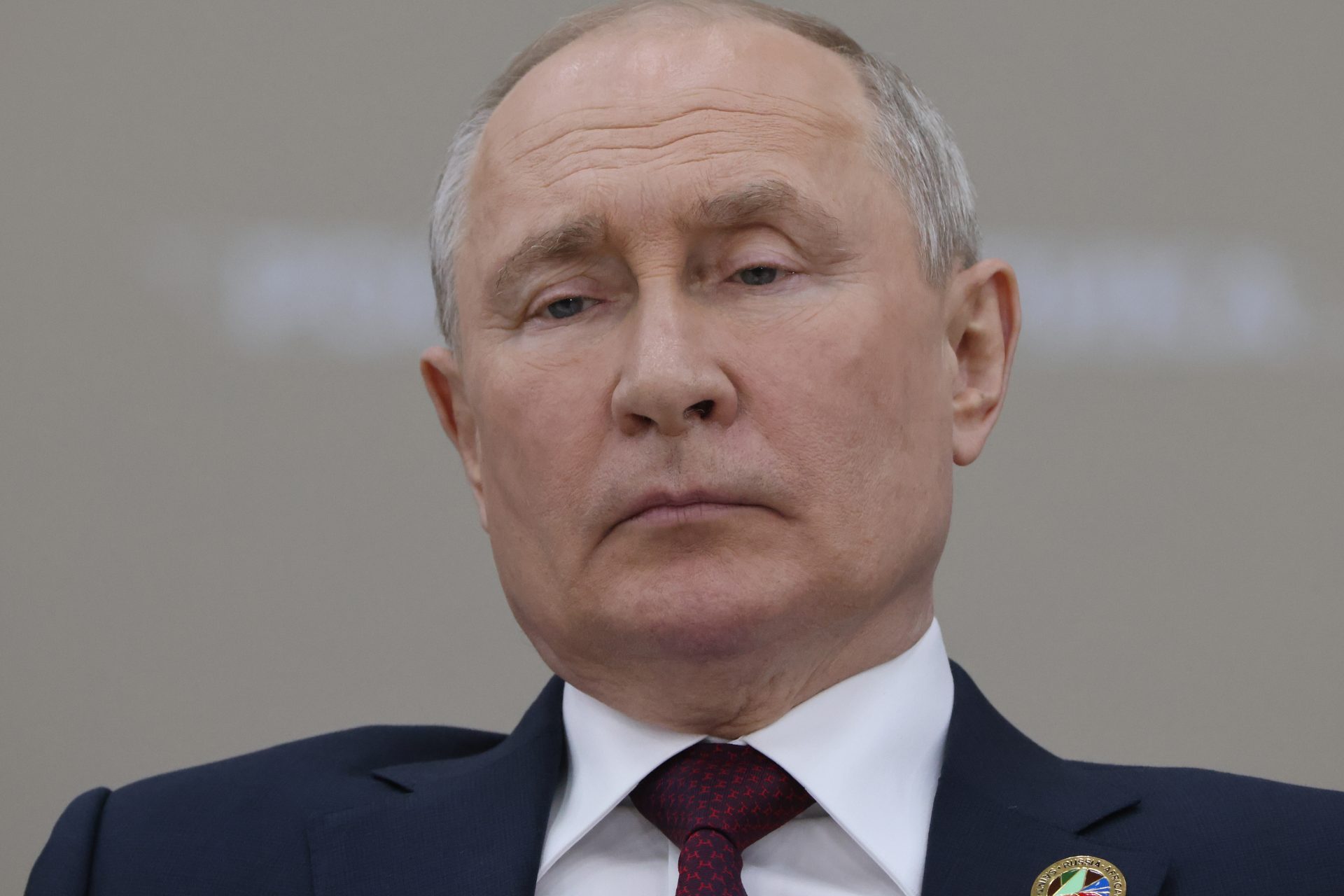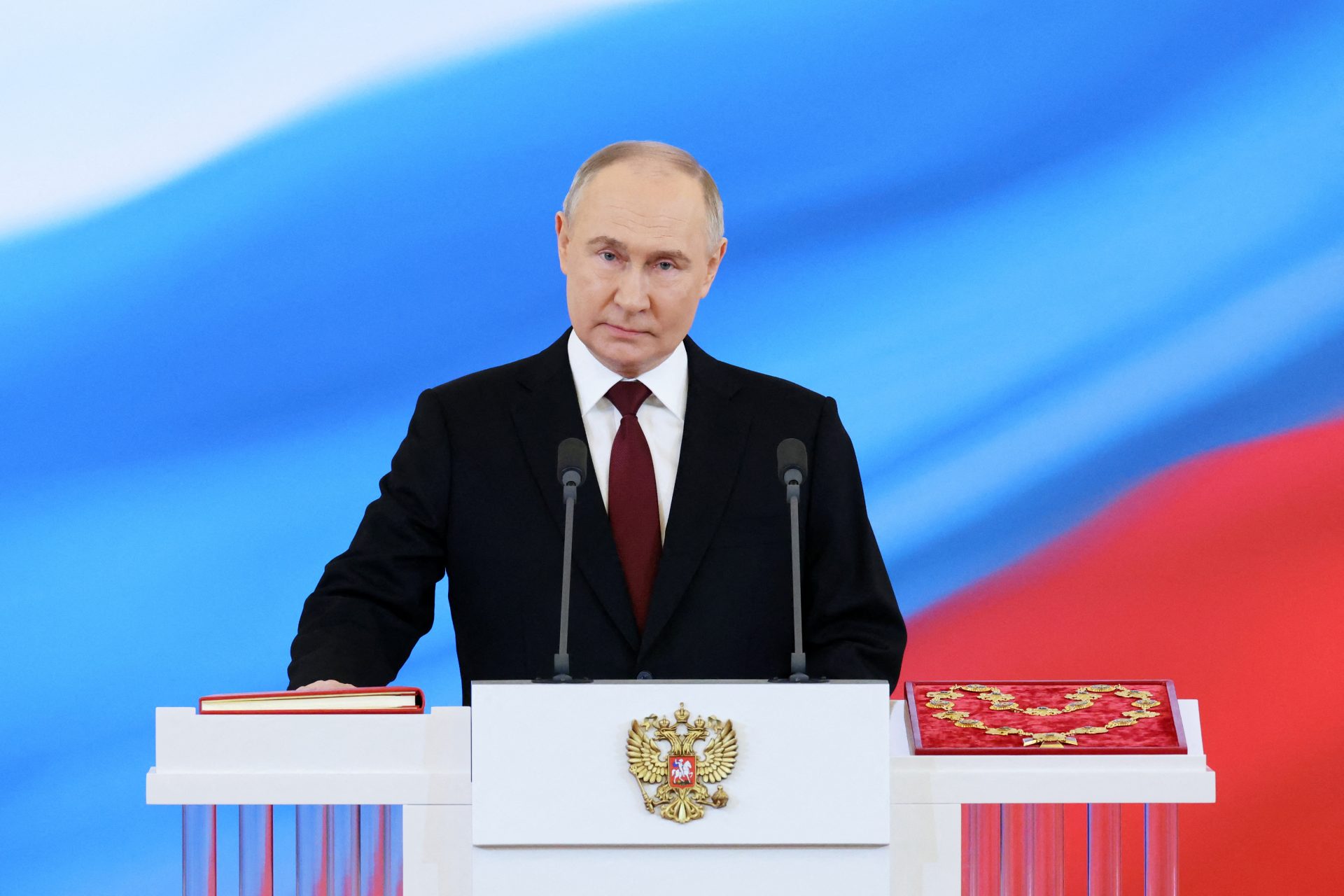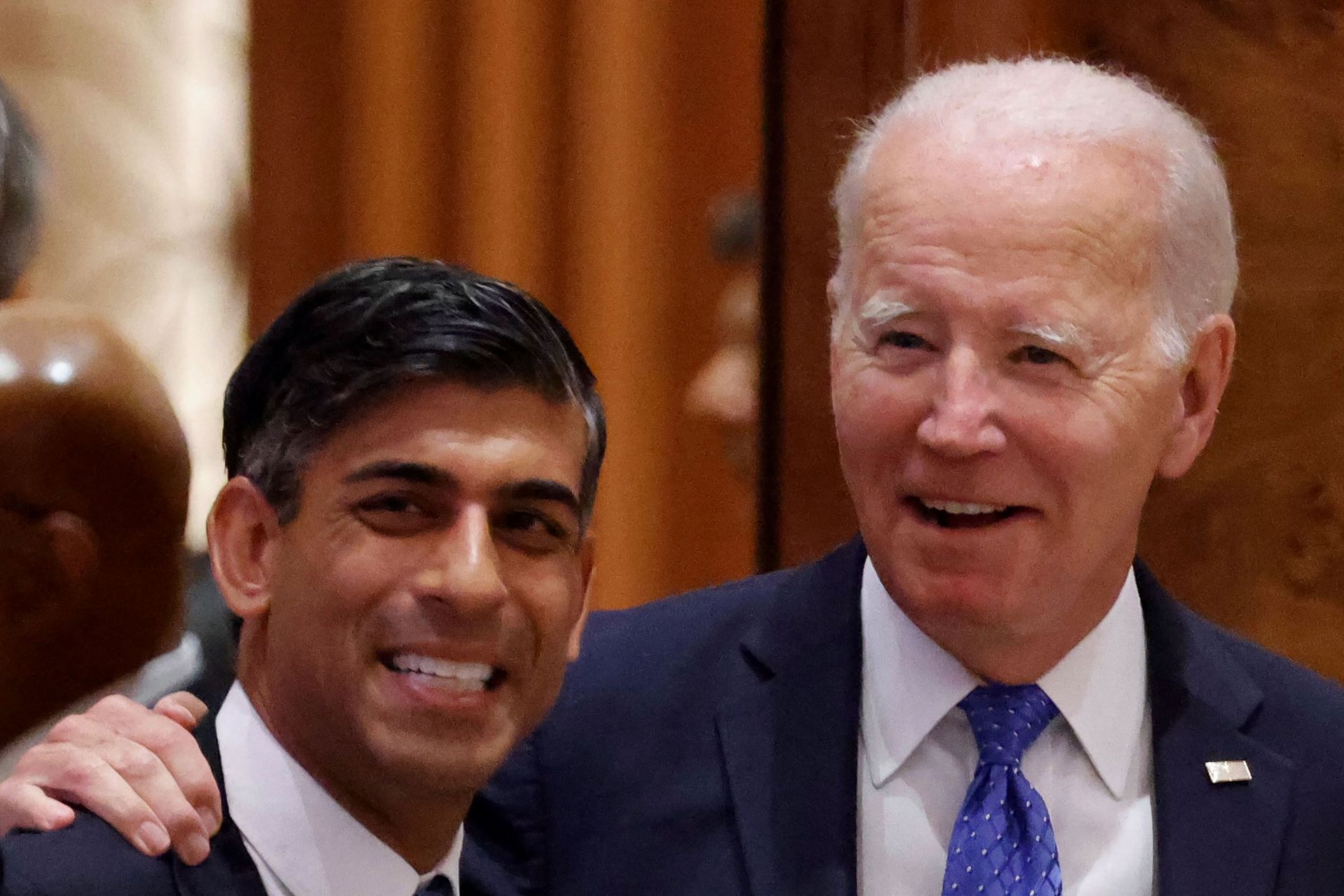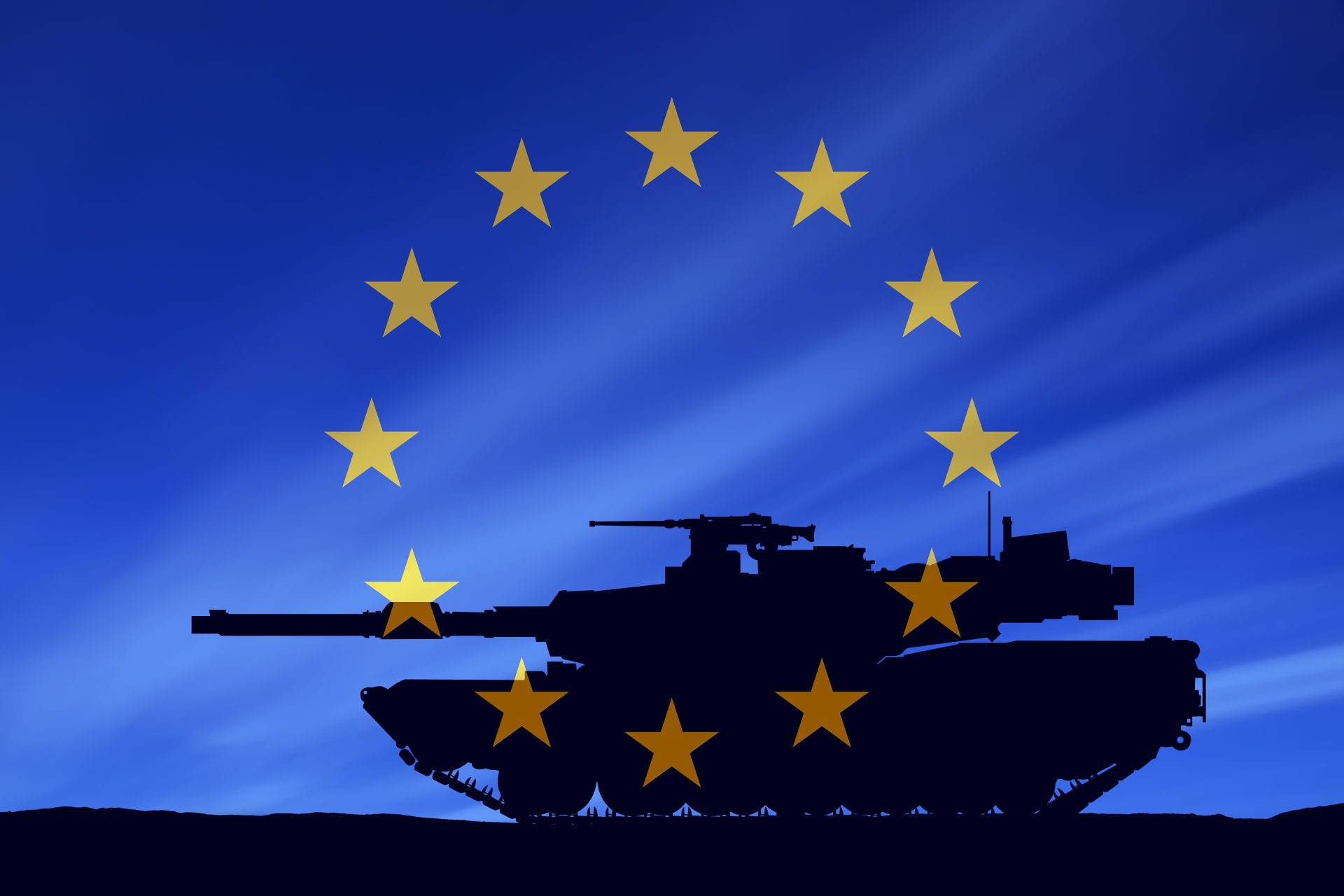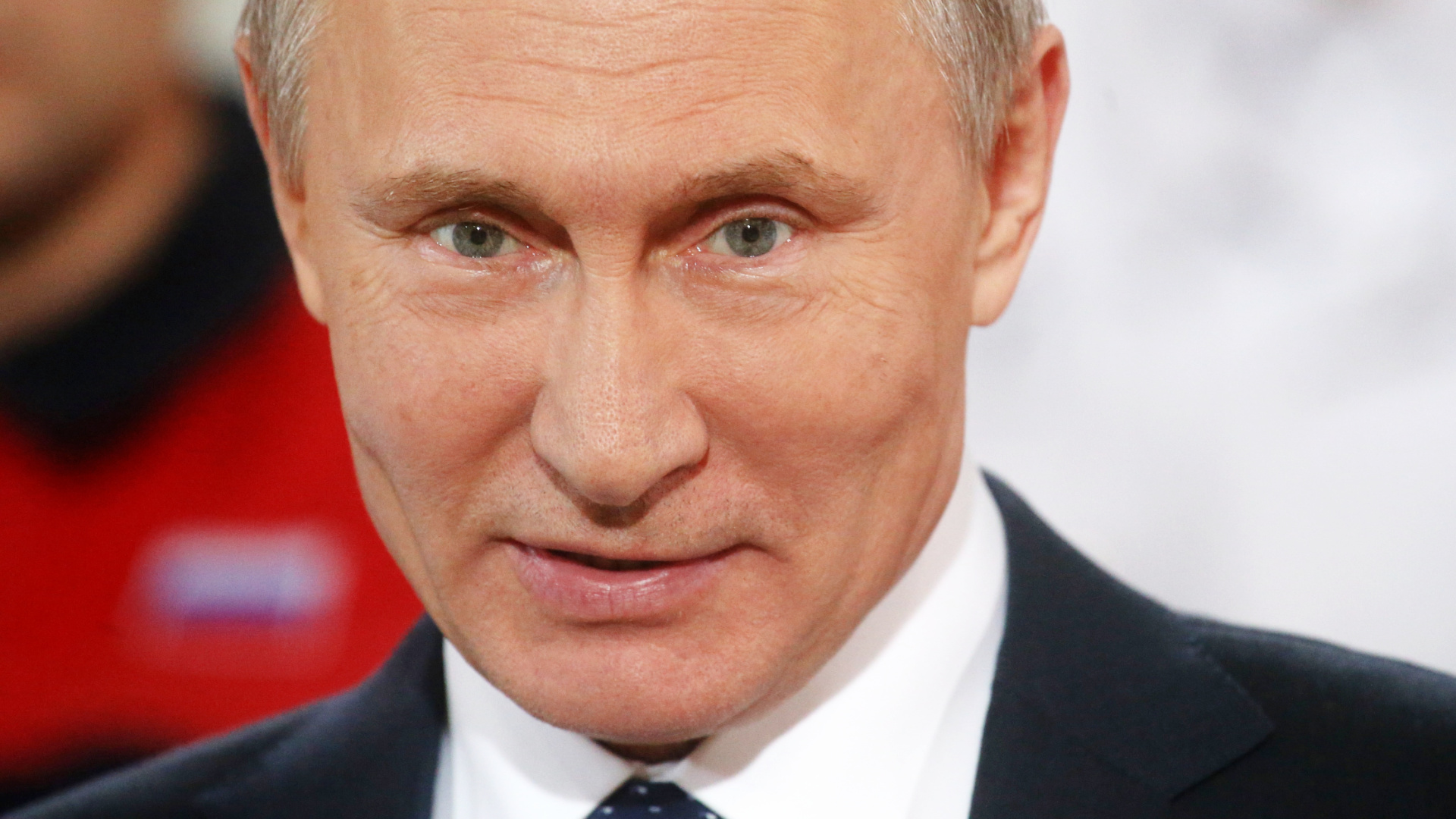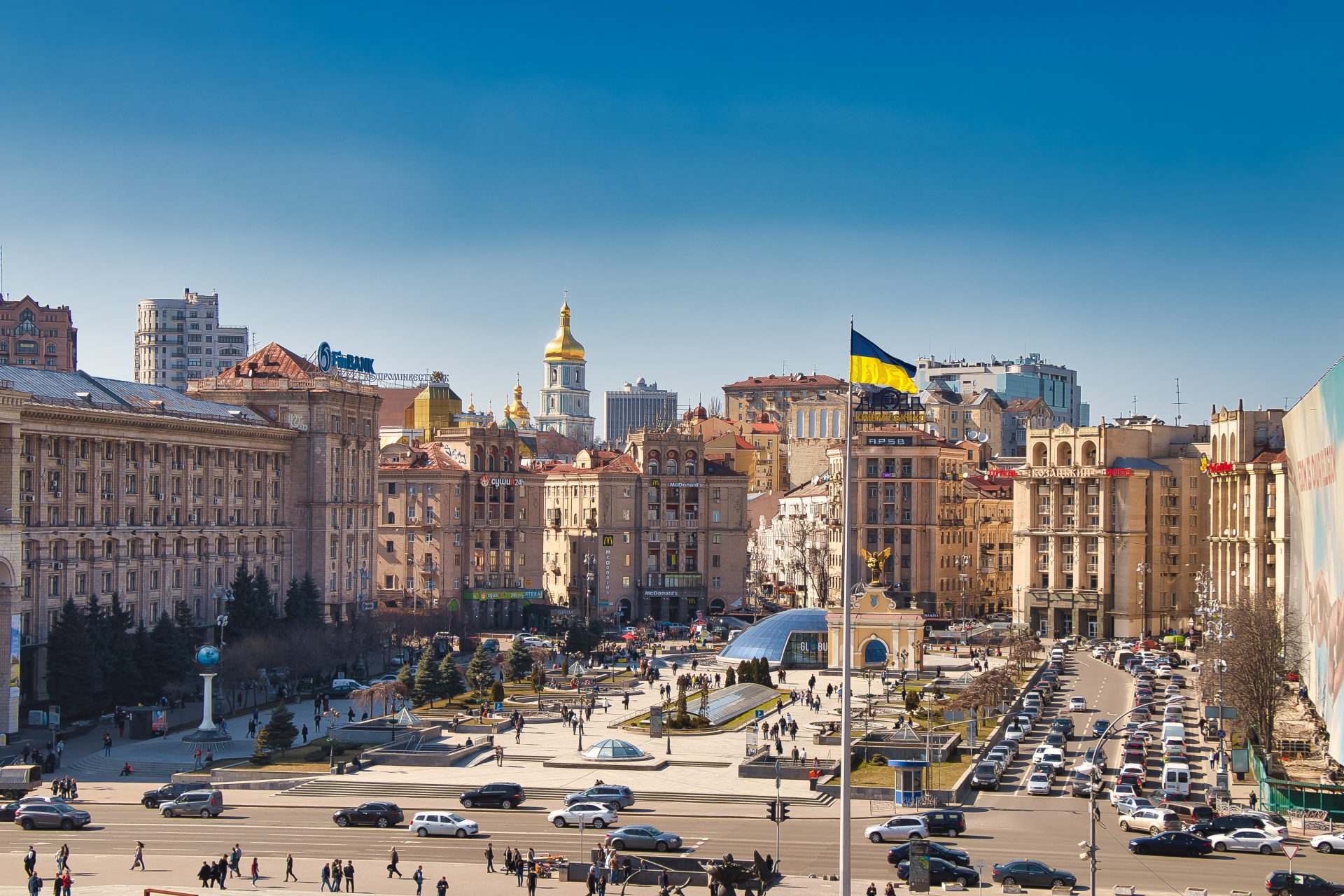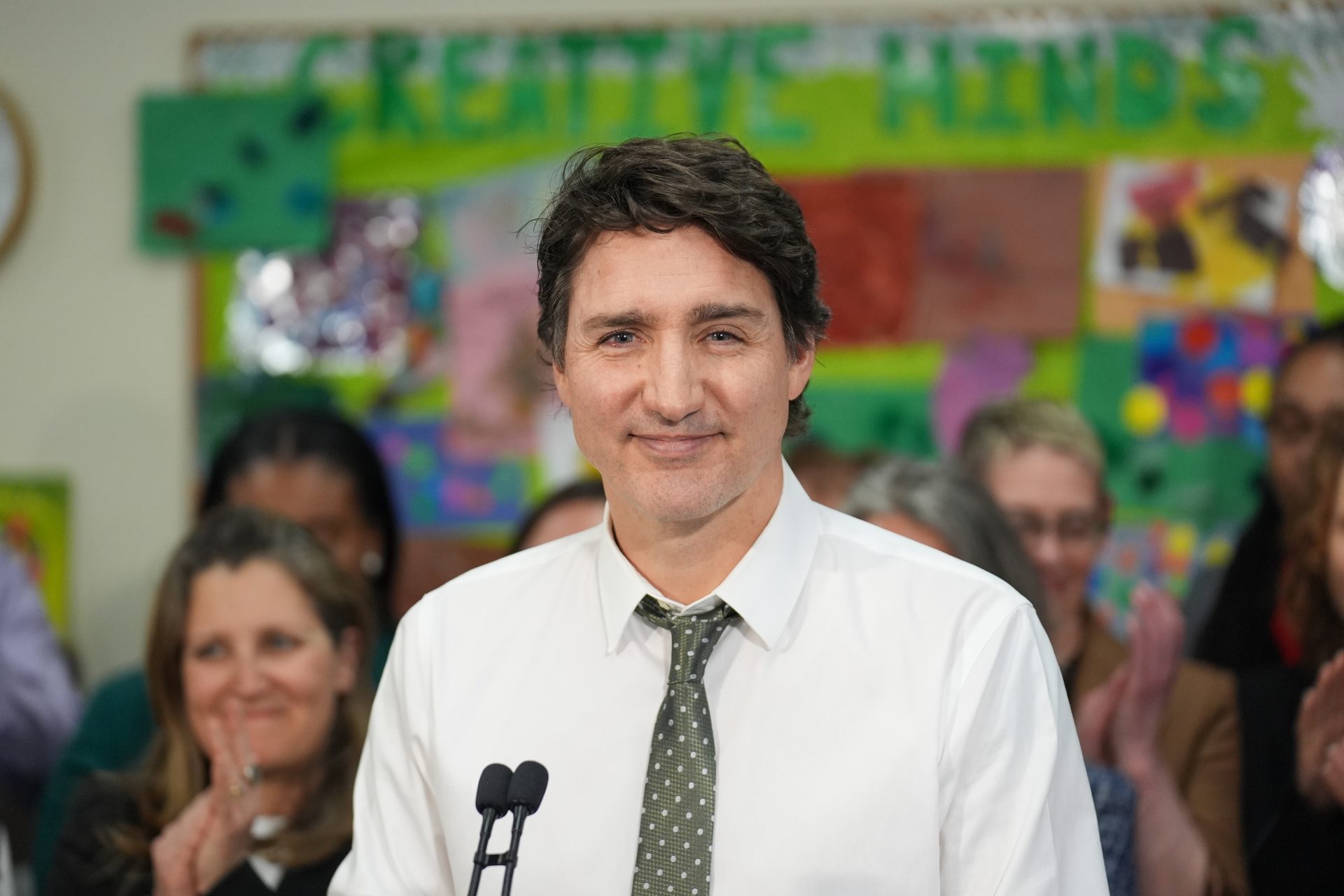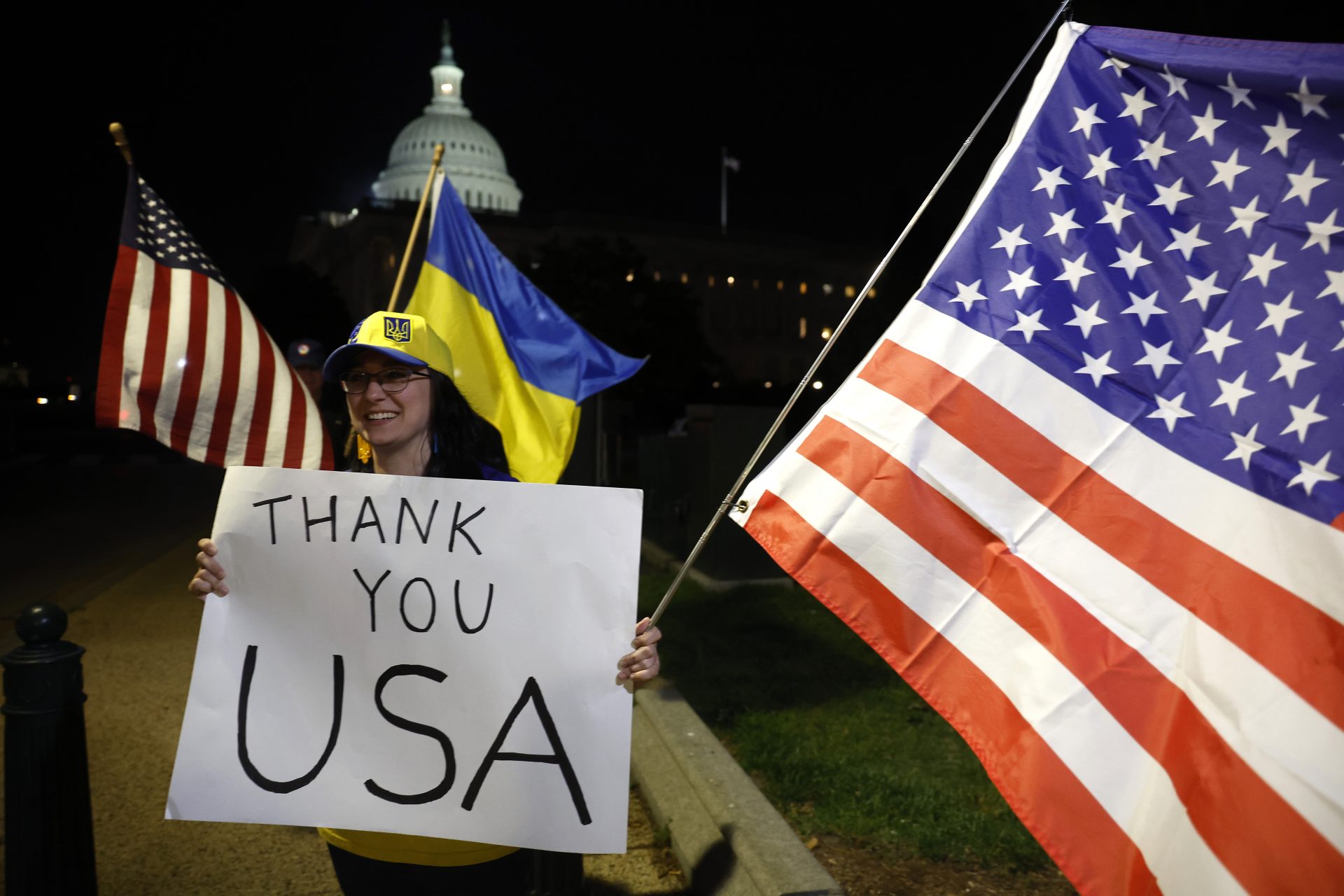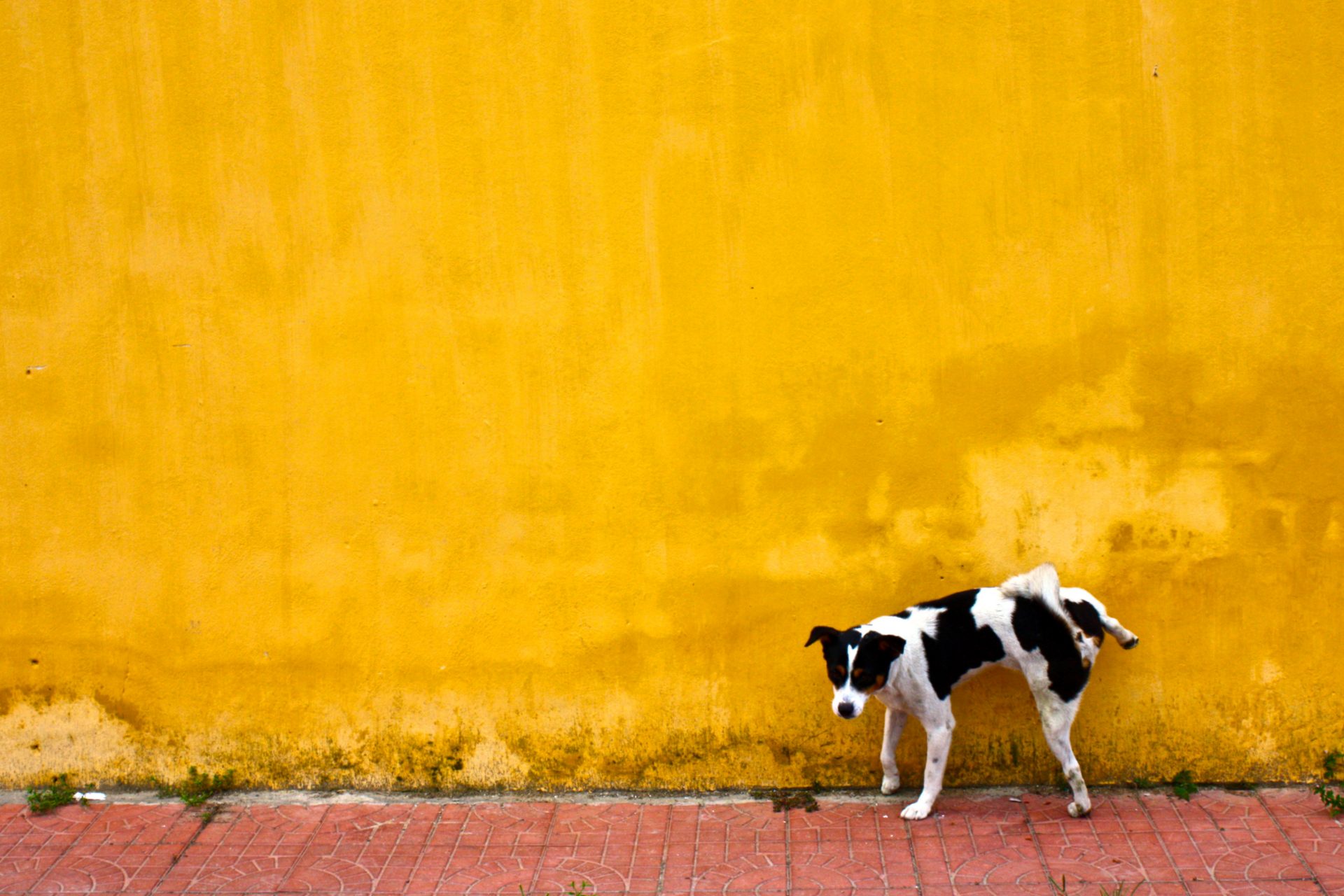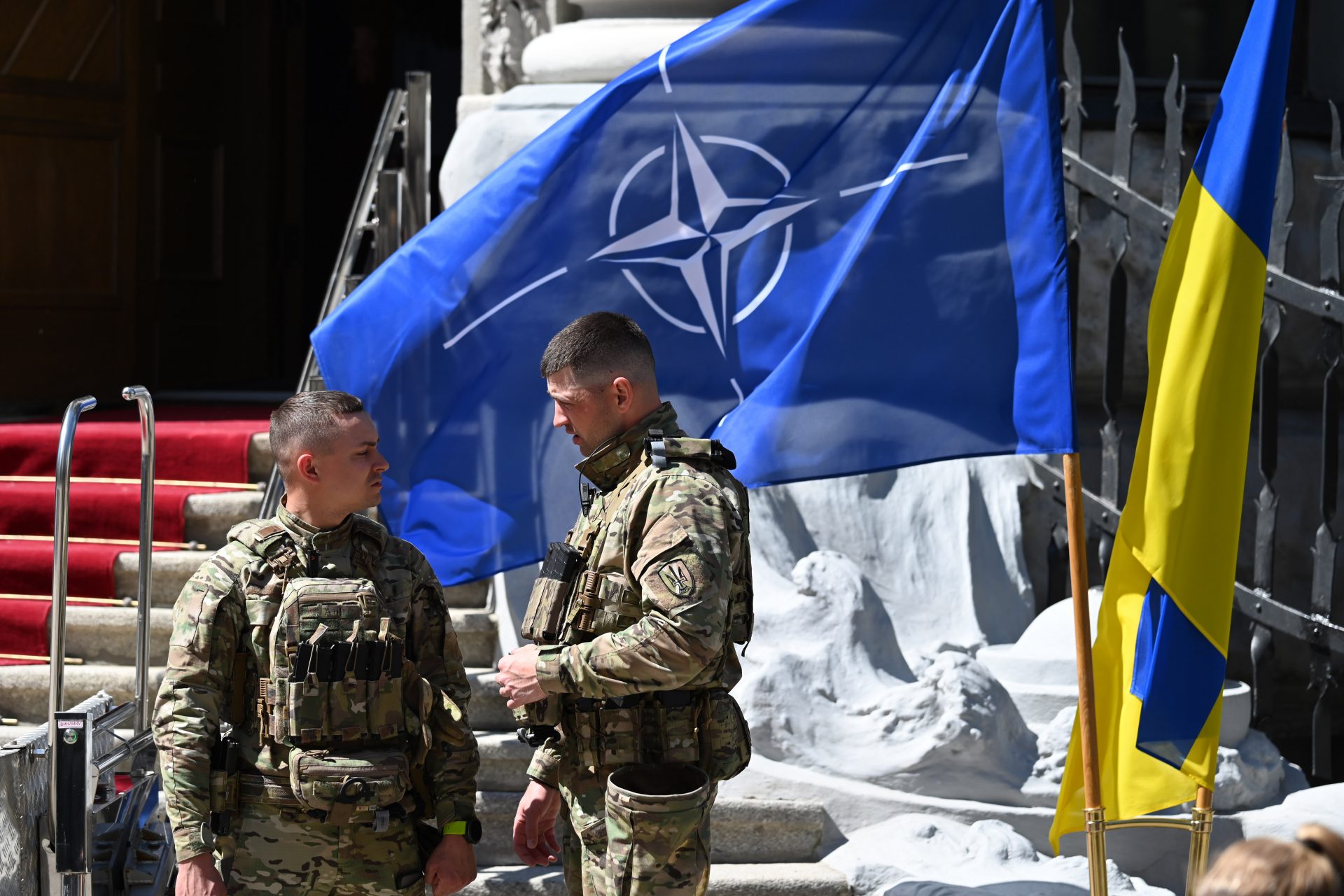Growing up Putin: how the Russian leader's childhood made him the man he is today
Russian President Vladimir Putin has been the topic of many conversations and articles over the past year and half, primarily triggered by the ongoing conflict in Ukraine. Are you curious about whether Putin's early upbringing may have played a role in shaping his present decisions? Continue reading to learn about Putin's childhood in Russia.
Image: From Kremlin.ru, CC BY 4.0, Wikicommons
While the former USSR officially denied the presence of social inequalities in its purportedly socialist utopia, the truth was that there existed an underprivileged segment of the population. Vladimir Putin, for instance, spent his early years in very humble circumstances. He was born in Leningrad, now known as Saint Petersburg, on October 7, 1952.
Vladimir Putin's mother, as seen in the photograph, held a job in a factory, while his father served as a soldier in the Soviet Navy, where he sustained severe injuries during World War II. Later on, he assumed the role of a foreman at a factory.
Photo: By Kremlin.ru, CC BY 4.0
Putin had two elder siblings, both of whom tragically passed away due to illness, with one succumbing to diphtheria during the war. Adding to the family tragedya, his maternal grandmother and two uncles lost their lives during World War II.
Photo: By Kremlin.ru, CC BY 4.0
During an interview with the BBC, journalist Steven Lee Myers, who served as the Moscow correspondent for The New York Times for seven years and authored the biography titled 'The New Tsar,' underscored how the aftermath of the war left a profound imprint on Putin's formative years.
Despite Vladimir Putin being born after the Second World War, Myers emphasizes that Putin and his family endured the lasting repercussions of the conflict. According to Myers, the war's experiences and the associated mythology were integral to Putin's upbringing and have significantly shaped his character.
Putin spent his early years in a modest Leningrad neighborhood. In his autobiography, 'First Person: An Astonishingly Frank Self-Portrait by Russia's President Vladimir Putin,' the country's leader reminisces about how capturing rats served as one of his primary childhood pastimes.
The story of the rat that attacked Putin is famous and has been written about many times. According to the Daily Mirror (taken from the aforementioned autobiographical book), “Once I saw a huge rat and I chased it down the hall until I cornered it. Suddenly he turned around and threw himself at me. I was surprised and scared. Now the rat was chasing me."
Leningrad served as the backdrop for Putin's formative years, with "communal flats" being a common sight where multiple families coexisted, including the one in which Putin was raised. Vera Dmitrievna Gurevich, who was a teacher of the present Russian president, recounted these dwellings to the Daily Mirror, stating, “There was no hot water, no bathtub. The bathroom was horrible. And it was so cold, horrible.”
Another revealing detail about Putin's family origins is the profession of his paternal grandfather: he was Stalin's cook, according to a biographical profile signed by Roger Cohen in The New York Times.
Putin's upbringing, though modest, was steeped in familial tales of the Soviet Empire's grandeur and the tremendous sacrifices made to secure victory over the Germans during World War II. This imperial legacy is something he has consistently striven to revive for his nation as an adult.
In reality, the Soviet Union provided Putin with the chance to pursue his education, and he made the most of it. He acquired proficiency in the German language during his high school years.
After completing school, he initially entered law school, but his life's path ultimately led him away from a legal career. In fact, in 1975, he embarked on a different journey by joining the formidable KGB, the Soviet Union's secret service.
Image: By Ministerium für Staatssicherheit der DDR - Public Domain, Wikicommoons
Another factor shaping Putin's character from his early years was his readiness to engage in combat, his unwavering resolve to never shy away from a confrontation when circumstances demanded it.
This inclination led him to engage in martial arts training from a tender age, ultimately earning him a black belt in judo.
If Putin dreamed in his childhood of becoming a hero of the Soviet Union, his career in the KGB must have frustrated him. He was not assigned to East Berlin, the paradise of the great Soviet spies, but to the then boring Dresden, where he devoted himself more to paperwork than to anything else.
In Dresden, Putin witnessed the collapse of communism throughout Europe. He renounced Soviet socialism to adapt to the new times and returned to his native Leningrad, which was already in transit to become Saint Petersburg again, as in the time of the Tsars.
There is speculation about whether Putin holds genuine communist beliefs, but it appears unlikely. His ideology is more aligned with a form of pure Russian nationalism.
In fact, as per Wikipedia, at the age of 12, he stood out as one of the few children in his class who did not belong to the Young Pioneers, the communist youth organization of the USSR.
Photos: By USSR Post - Scanned 600 dpi by User Matsievsky from personal collection, Public Domain, Wikicommons
Putin has consistently been drawn to the allure of power, which prompted his departure from the KGB, coinciding with the beginning of his own family, and led him to pursue a career in politics.
Putin initiated his political journey in St. Petersburg, where he aligned himself with Boris Yeltsin, a prominent figure in Russia's shift from socialism to a new political order.
Every biography of Putin underscores his challenging upbringing, marked by frequent street skirmishes and a sense of neglect within his family. Undoubtedly, these early hardships played a pivotal role in toughening and molding the young Vladimir Putin.
Masha Gessen, the author of 'The Man Without A Face: The Unlikely Rise Of Vladimir Putin,' contends that Putin was a child who had to fend for himself, and this upbringing instilled in him the belief that in life, one must always strike first.
Putin's outlook has undeniably influenced his approach to governance and conflict resolution. However, as an adult, his decisions extend beyond the demise of a rat or another child returning home with a bruised face.
More for you
Top Stories














